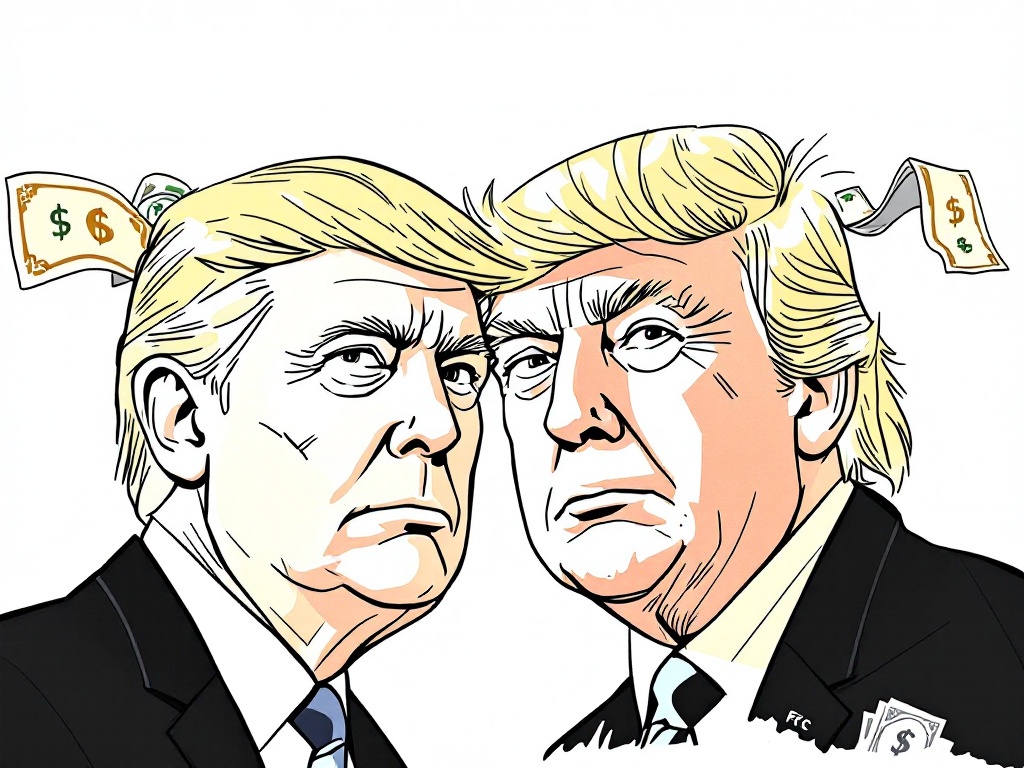Trump Names Free Speech Warrior Brendan Carr as New FCC Chairman

Washington, Monday, 18 November 2024.
In a strategic move shaping America’s digital future, Trump has appointed Brendan Carr to lead the FCC. The 45-year-old commissioner, known for his stance against Big Tech’s ‘censorship cartel’, aims to transform telecommunications policy. His appointment signals a potential shift in tech regulation, raising questions about TikTok’s future and Section 230 reforms. Carr’s current term extends through 2029, positioning him to significantly influence America’s digital landscape.
A Strategic Appointment Amidst Political Context
Donald Trump’s decision to appoint Brendan Carr as the FCC Chairman is a pivotal moment in U.S. telecommunication policy, reflecting broader political strategies. Carr, a Republican and vocal critic of Big Tech, is expected to enforce stricter regulations on tech companies such as Apple, Google, Meta, and Microsoft. His appointment comes as part of Trump’s effort to reshape the digital landscape, emphasizing free speech and reducing regulatory barriers. This move, announced on November 17, 2024, marks a clear intent to leverage the FCC’s authority to influence national policy significantly.
Carr’s Agenda and Policy Proposals
Brendan Carr has been a prominent figure within the FCC, having served since 2017, with a reputation for challenging existing tech regulations. His policy proposals, outlined in the Project 2025 document, suggest a focus on dismantling what he terms the ‘censorship cartel,’ advocating for increased accountability of tech giants. Carr’s stance on issues like TikTok, which he has suggested banning due to national security concerns, and his push for reforms to Section 230, illustrate his commitment to altering the status quo in digital governance. These proposals have drawn both support and criticism, reflecting the contentious nature of tech policy debates.
Implications for Telecommunications Policy
Carr’s leadership is anticipated to bring significant changes to telecommunications policy, with a particular focus on rural America and job creation. By reducing regulatory constraints, Carr aims to foster innovation and economic growth. His approach is expected to impact media ownership rules, potentially easing restrictions on consolidation. This deregulatory agenda aligns with Trump’s broader economic policies, aiming to stimulate competition and reduce governmental oversight. As Carr assumes the role of Chairman, stakeholders in the telecommunications sector are closely monitoring the potential for shifts in policy that may affect market dynamics and regulatory frameworks.
Reactions and Political Ramifications
The announcement has sparked varied reactions across the political spectrum. While proponents praise Carr for his strong stance on free speech and his track record at the FCC, critics argue that his policies could overstep the agency’s jurisdiction. Jessica Gonzalez, co-CEO of Free Press, has been vocal about Carr’s proposals, claiming they reflect a misinterpretation of existing regulations. Despite these criticisms, Carr’s appointment is a testament to Trump’s influence on telecommunications policy, potentially setting a precedent for future regulatory approaches. As Carr takes on this new role, the balance between free speech, regulation, and corporate oversight remains a central debate in U.S. politics.